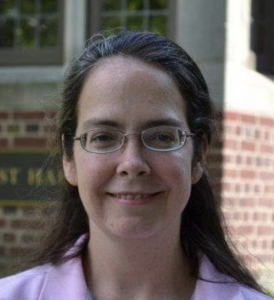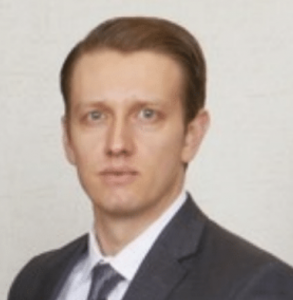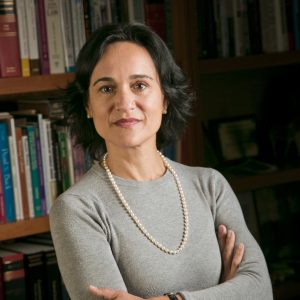COVID-19 and Restrictions on Religious Institutions: Constitutional Implications
 Kathleen A. Brady is Senior Fellow and McDonald Distinguished Fellow with the Center for the Study of Law and Religion at Emory University
Kathleen A. Brady is Senior Fellow and McDonald Distinguished Fellow with the Center for the Study of Law and Religion at Emory University
When the dangers of COVID-19 first became apparent to the American public this past March, few churches resisted state and local lockdown orders that prohibited or severely limited in-person worship services. The potential for congregational gatherings to rapidly spread the virus was widely understood, and most religious believers probably anticipated a relatively short disruption. However, as the pandemic nears its seventh month and many jurisdictions retain substantial restrictions on in-person worship, many Americans are growing increasingly frustrated with limits that impinge upon core religious practices and undermine the spiritual, social and emotional goods that these practices nourish. It is not surprising, then, that litigation over restrictions on in-person worship has been increasing.

 Anton Sorkin
Anton Sorkin